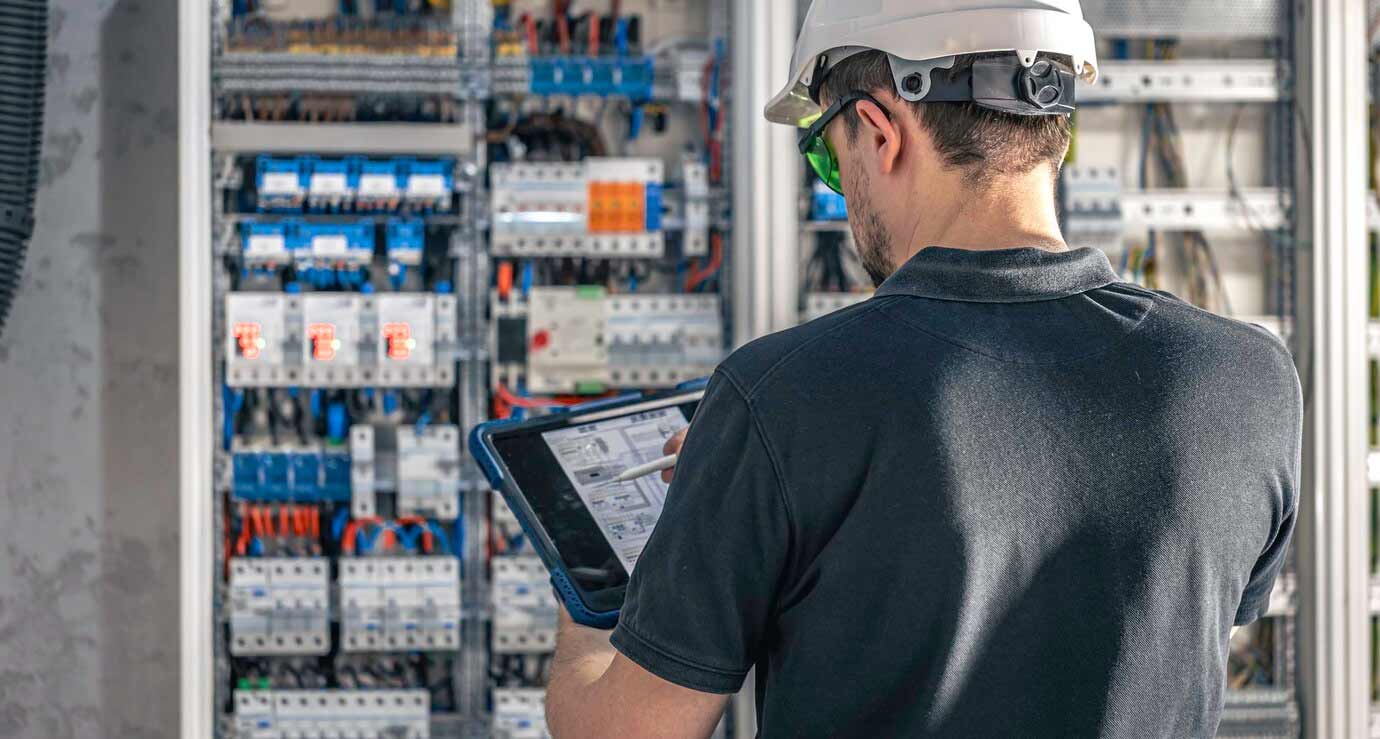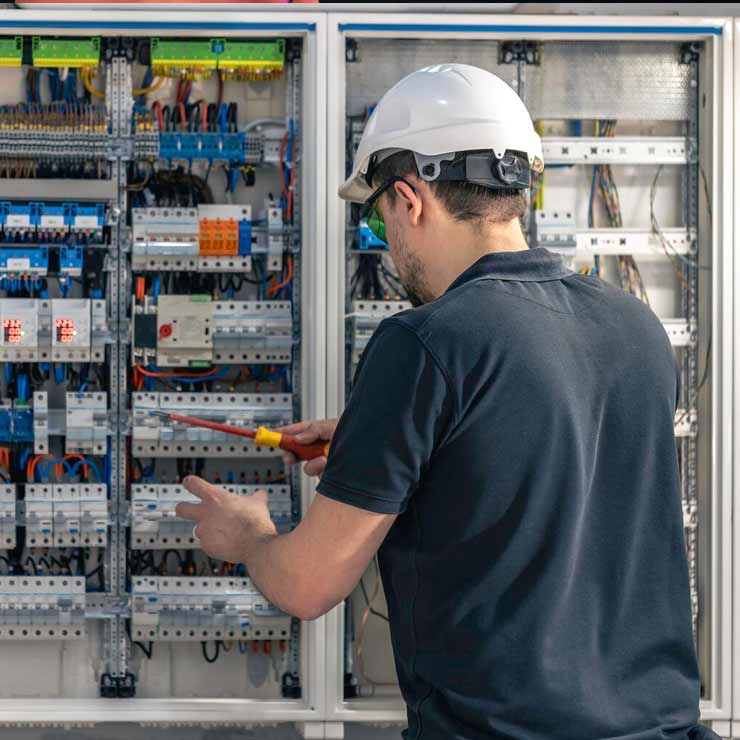
When it comes to ensuring your family’s safety at home, electrical safety in Denver should be a top priority. In a city where winter storms can lead to power outages and summer storms can create electrical hazards, understanding how to safeguard your home against electrical dangers is essential. With my experience in the electrical contracting field and having worked with countless families in Denver, I’ve compiled a list of practical tips to help you protect your loved ones and property from potential electrical issues.
Understanding Electrical Risks in Denver Homes
Every home has unique electrical needs and risks. Older homes, in particular, may have outdated wiring or insufficient electrical panels that can increase the risk of electrical fires. In fact, according to the National Fire Protection Association, electrical failures or malfunctions are one of the leading causes of home fires. So, let’s delve into some essential electrical safety tips to ensure your Denver home remains a safe haven.
Regular Electrical Inspections
One of the best ways to maintain Denver‘s electrical safety is by scheduling regular electrical inspections. These inspections can identify potential hazards before they escalate into dangerous situations. A professional electrician can evaluate your home’s wiring, check for frayed or damaged cords, and ensure that your electrical system is up to code.
In my experience, many homeowners are surprised to learn about hidden issues that could pose risks. For example, I once inspected an older Denver home where the wiring was still using cloth insulation, which is highly flammable and poses significant risks for preventing electrical fires. It’s advisable to have these inspections done at least once every few years or whenever you plan on making significant electrical changes in your home.
Install GFCI Outlets
Ground Fault Circuit Interrupter (GFCI) outlets are a must-have in any Denver home, especially in areas where water is present, such as kitchens and bathrooms. These outlets are designed to cut off the electrical supply when they detect a ground fault, thereby preventing shocks and potential electrical fires.
In my work, I frequently recommend GFCI outlets to homeowners. I once had a client whose basement flooded due to heavy rain, and the GFCI outlets prevented any serious electrical hazards from occurring. If your home doesn’t have GFCI outlets installed, particularly in wet areas, it’s time to make that upgrade.
Consider AFCI Breakers
Another vital safety measure is installing Arc Fault Circuit Interrupters (AFCI) breakers. These breakers are designed to prevent electrical fires caused by arc faults, which can occur when there’s a break in the electrical connection.
AFCI breakers can be especially beneficial in older homes where the wiring may be more prone to faults. In one memorable case, I installed AFCI breakers for a family that had previously experienced multiple minor electrical fires due to old wiring. Since the installation, they’ve had peace of mind knowing their home is better protected.
Maintain Your Electrical System
Regular maintenance is key to ensuring the longevity and safety of your electrical systems. Make sure to keep an eye on your electrical appliances and cords. Replace any frayed cords or damaged plugs immediately. It’s also crucial to avoid overloading outlets, which can lead to overheating and potentially cause fires.
I’ve seen firsthand the damage that can occur from overloading outlets. A client of mine once plugged too many devices into a single outlet, leading to a small fire that could have been avoided with proper electrical safety practices.
Keep Flammable Materials Away from Electrical Sources
This may seem like common sense, but it’s crucial to keep flammable materials, such as paper, clothing, and chemicals, away from electrical appliances and outlets. In homes with children or pets, this can be particularly important, as curious hands or paws can easily knock things over.
Use Extension Cords Wisely
While extension cords can be helpful, they are not a permanent solution for your electrical needs. Avoid using them as a long-term fix for a lack of outlets. Instead, ensure that you have enough outlets installed to meet your needs. If you must use an extension cord, choose one that is rated for the devices you are connecting and avoid running them under rugs or through doorways, which can lead to overheating.


Educate Your Family About Electrical Safety
Educating your family about electrical safety is just as important as implementing these measures. Teach your children the basics of electrical safety, including not to play with outlets and not to touch electrical appliances with wet hands. Establish rules around electrical usage, and make sure everyone knows what to do in case of an electrical emergency.
Conclusion
Prioritizing electrical safety in Denver is essential to protect your family and property. By following these tips, you can significantly reduce the risk of electrical hazards in your home. Regular inspections, proper installations of GFCI outlets and AFCI breakers, and ongoing maintenance can make a world of difference. Don’t wait for an electrical emergency to happen—take action today to secure your home.
FAQs
How often should I have my electrical system inspected?
It’s recommended to have your electrical system inspected at least once every few years or whenever you plan to make significant changes to your electrical setup.
What are the signs that I need to upgrade my electrical panel?
Signs include frequent tripping of breakers, flickering lights, or if your home is over 20 years old and has never been upgraded.
Can I install GFCI outlets myself?
While some homeowners may feel comfortable doing it, it’s best to hire a licensed electrician to ensure proper installation and compliance with local codes.
